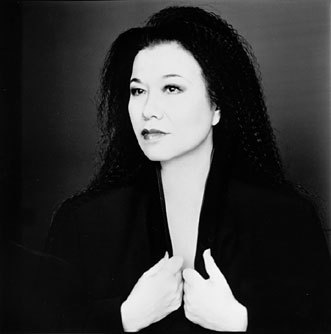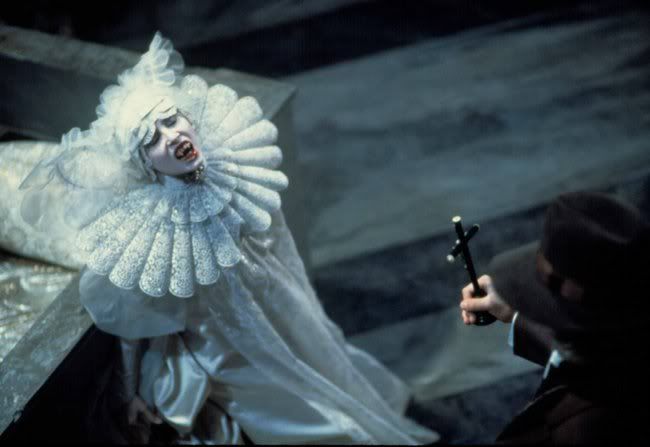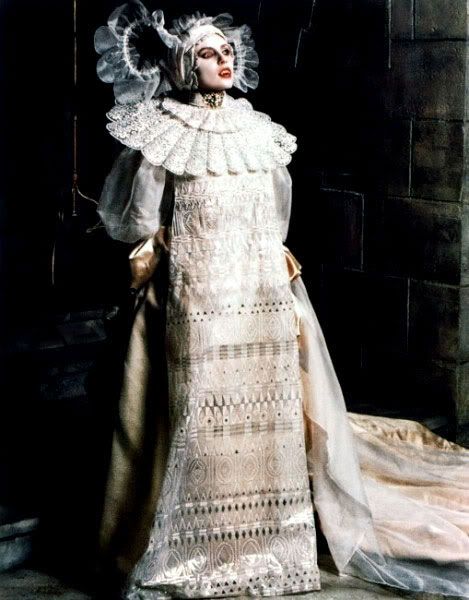Natalia Vodianova, speaking at a CFDA panel on eating disorders in September 2007, on being told to lose weight off her 5'9",112-pound frame because designers were calling up her agency to complain that she wasn't as thin as she'd been before :
"I defended myself, saying it was crazy to consider measurements like 33-27-34 to be normal. I think because I was one of the girls most in demand it helped me to be able to forget the incident quickly. On the other hand, it makes me think that if I had been weak at the time, I can really imagine how it could have helped me endanger myself."
___________________________________________________
Natalia Vodianova, speaking at a panel discussion at the British Vogue Festival in April 2012, in response to the following question by Vogue fashion director Calgary Avansino: "It's undeniable that models are very thin, expected to be very thin, and thinner than 99.9 percent of the population. What message should you be sending out?":
"Come on, guys, it's better to be skinny than to be fat! We eat well, we exercise — please, do the same and you will look like this. I'm sorry, but today the NHS [Britain’s National Health Service] are fighting against obesity, children are taken away from their parents because they’re too fat … And here we are, defending that we are healthy and skinny."
___________________________________________________
On one level, I'm not surprised by this (she later claimed on her Facebook page that her quotes had been taken out of context because of their format - audience interaction, as opposed to a prepared speech - and blamed the food industry, among others, for provoking eating disorders by constantly pushing food at consumers, ending with the statement: "I assume there is very little Anorexia or Bulimia issues in countries like Africa, China and Russia today!"). It's not at all unexpected for a model to defend the practices of her industry, or the state of her body - a model's body is her livelihood, after all - and the "but people are so fat nowadays!" style of logic seems to be an increasingly common defence against any criticism of the demands the fashion industry places on models, with everyone from Anna Wintour to Vodianova herself eventually resorting to it.
And even though I do think that expecting models - who are, more often than not, teenagers and very young women - to police their bodies for whatever "message" their appearance sends out is unreasonable to say the least, it still doesn't address the question of why so many young women (including Vodianova, who has said she did not get enough food as a child in Russia) are encouraged to compromise their health in the interests of a modelling career - especially now, when models are the youngest (and thinnest) they've been in years, and even taking into account the fact that many models are naturally thin to begin with. But in an age when no one wants to take responsibility for contributing to this phenomenon and instead chooses to shift the blame (by implication) to the models themselves, it's hardly surprising that Natalia Vodianova is defensive of her looks. All that saddens me is that statements like hers just allow the fashion industry to bury its head in the sand and continue to hold models up to a standard of skinny that is ultimately good for no one, least of all models themselves.






